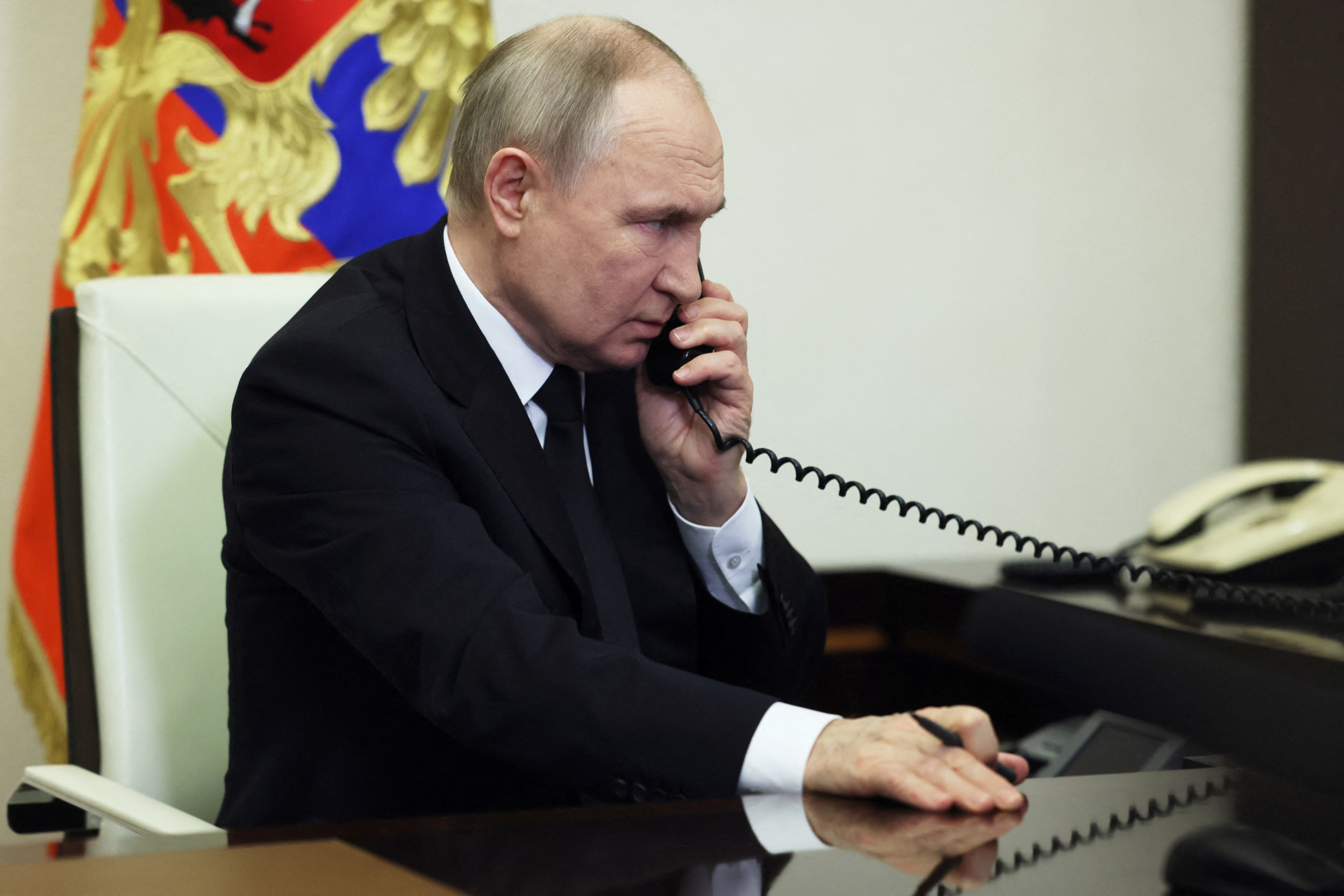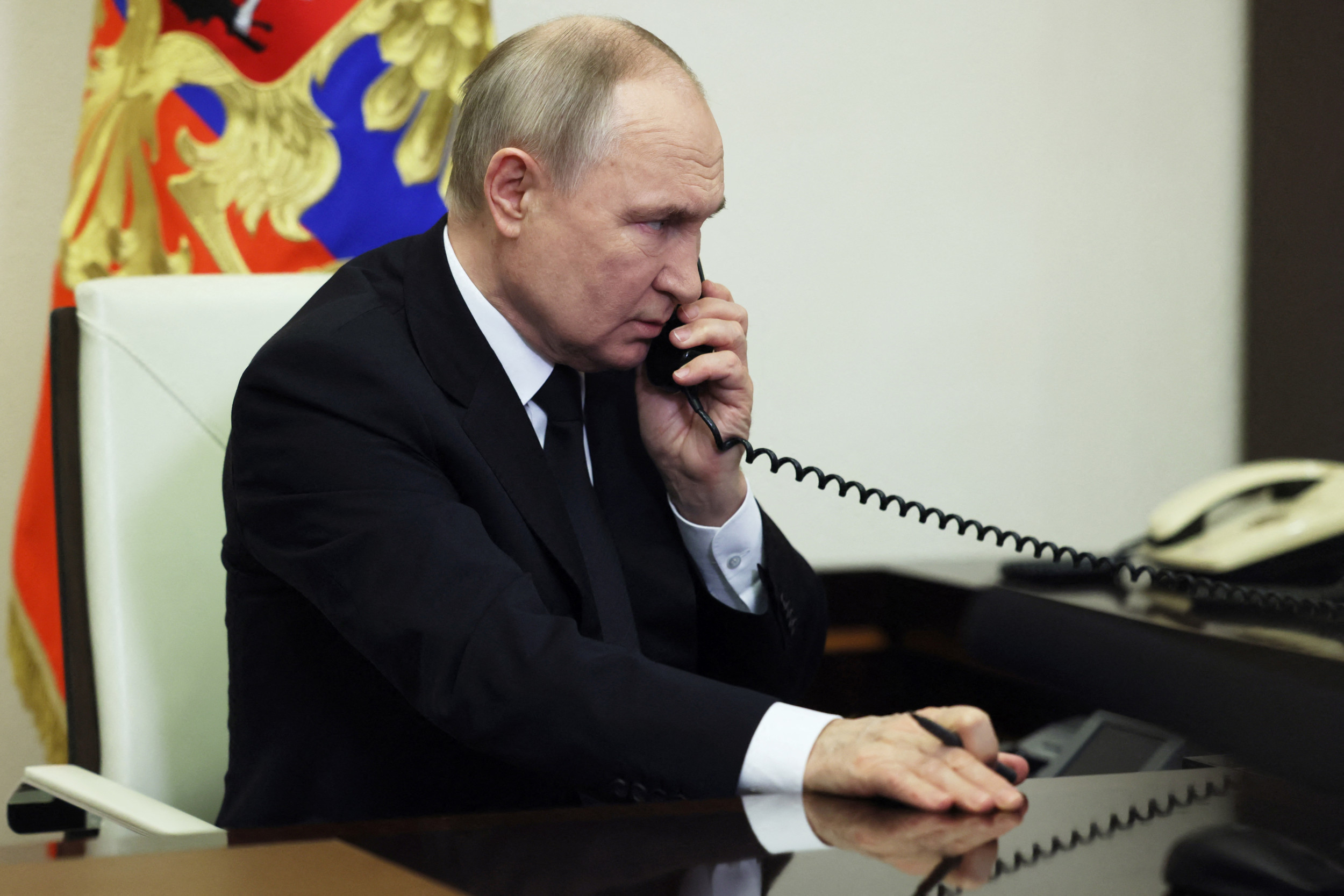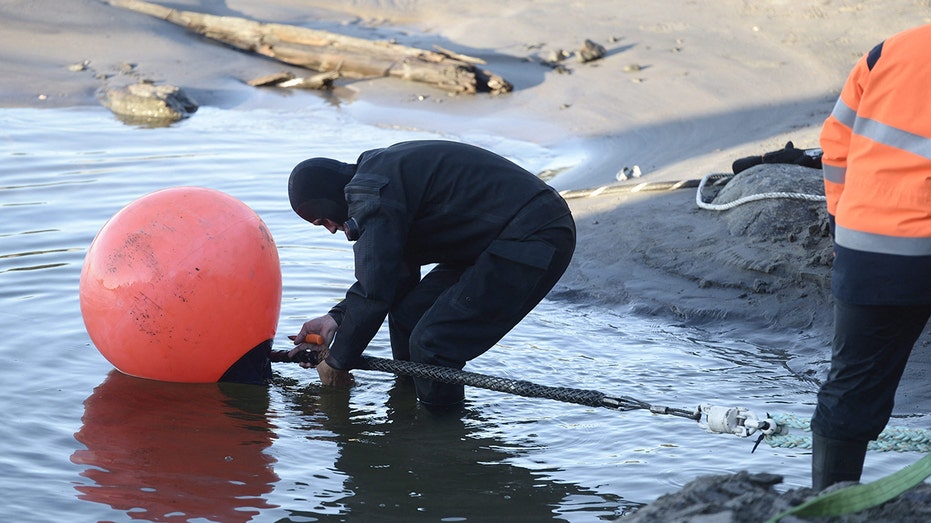
European Allies Accuse Russia of Hybrid Escalation After Baltic Sea Data Cables Severed
U.S. allies in Europe have expressed serious concerns following the recent disruption of crucial underwater data cables in the Baltic Sea, leading to accusations of “escalating hybrid activities” by Russia against NATO and European Union nations.
The Incidents that Raised Alarm
The accusations emerged in tandem with reports that Ukrainian forces fired six U.S.-made missiles into Russian territory, creating further geopolitical tension. Just days prior, two significant underwater data cables—one linking Finland to Germany and another connecting Sweden to Lithuania—were reportedly severed, as reported by Reuters.
Statements from European Leaders
German Defense Minister Boris Pistorius voiced his apprehension regarding these incidents, suggesting that “No one believes that these cables were cut accidentally… We also have to assume, without knowing it yet, that it is sabotage.” This sentiment was reinforced by Polish Foreign Minister Radoslaw Sikorski, who warned, “If Russia does not stop committing acts of sabotage in Europe, Warsaw will close the rest of its consulates in Poland.”
A Coordinated Response from European Nations
A joint statement from the foreign ministers of France, Germany, Italy, Poland, Spain, and the United Kingdom amplified these concerns, indicating that “Moscow’s escalating hybrid activities against NATO and EU countries are… unprecedented in their variety and scale, creating significant security risks.” Despite the gravity of their statement, the foreign ministers refrained from directly blaming Moscow for the severed cables.
Implying a Unified Front
The foreign ministers asserted, “In response to this historic challenge, we are determined to stand united with our European and transatlantic partners to think and act big on European security.” They noted the necessity for European countries to play a more significant role in securing their environment alongside their transatlantic and global allies.
Impact on Critical Infrastructure
The Finnish state-controlled data services provider Cinia has reported that damage to the C-Lion1 cable—running approximately 750 miles from Helsinki to Rostock, Germany—was identified on Monday. This cable, commissioned in 2016, is Finland’s only direct data communication route to central Europe, as highlighted by Finnish broadcaster YLE.
A senior European official informed Fox News, “A data cable between Finland and Germany was damaged, and service was cut off. Swedish authorities are investigating, as the site is in Swedish waters.”
Joint Remarks from Finland and Germany
Both Finland and Germany issued a joint communique, underlining that the damage occurs amidst heightened threats to European security, not just from Russia’s ongoing aggression against Ukraine, but also from an array of hybrid warfare tactics employed by malicious actors.
Significance of the Cable Incidents
The two nations emphasized the critical need to safeguard infrastructure like the damaged cables, categorizing the incident as a stark reminder of the underlying geopolitical tensions. “The fact that such an incident immediately raises suspicions of intentional damage speaks volumes about the volatility of our times,” the two nations affirmed.
Conclusion
The severance of the underwater data cables has ignited significant concern among NATO and EU countries about the ever-growing threats posed by hybrid warfare tactics. As European allies unite in their condemnation and concern, the geopolitical landscape continues to shift under the weight of ongoing conflicts and escalations.


















